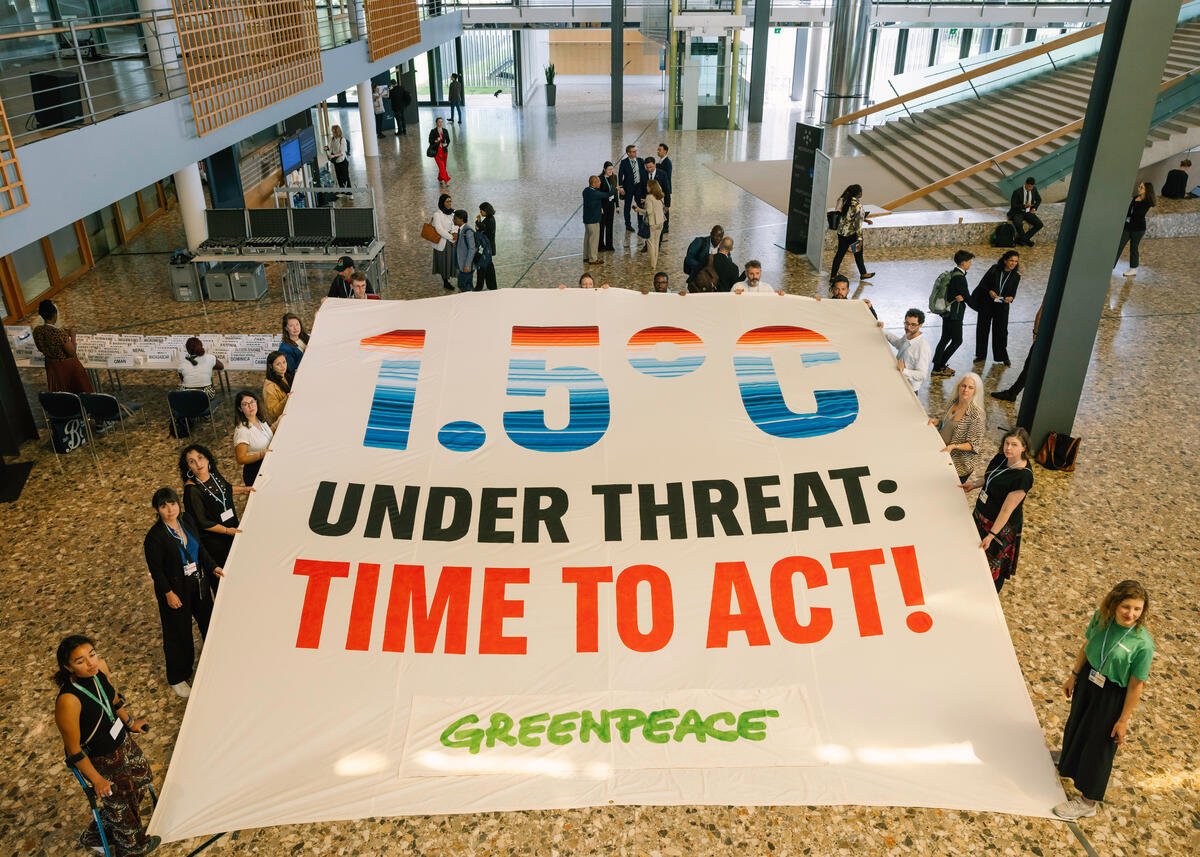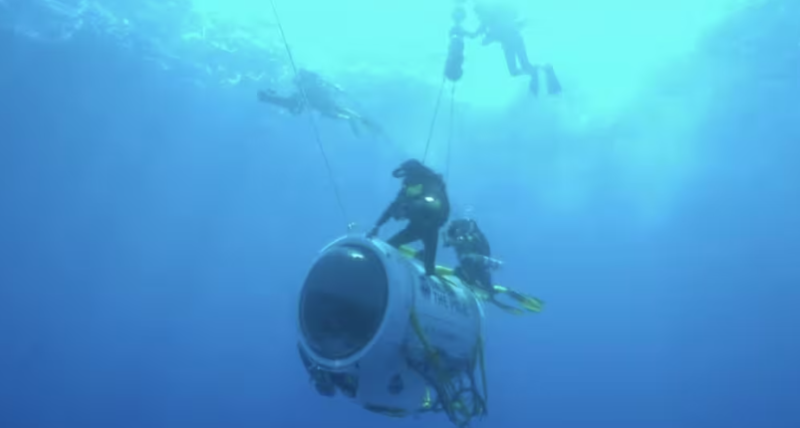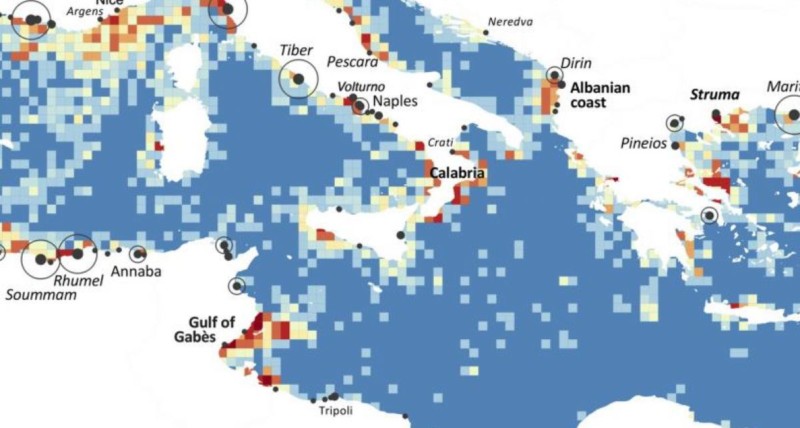At the 62nd session of the Subsidiary Bodies (SB62) of the UNFCCC in Bonn, it is becoming increasingly clear that international climate governance is failing to address the urgency and scale of the climate crisis. Despite the commitments made under the Paris Agreement—particularly the goal of limiting global warming to 1.5°C—global emissions continue to rise, while investments in fossil fuels persist. This gap between promises and actual action severely undermines global climate security and exacerbates inequalities, especially in Africa.
African countries, although responsible for less than 4% of global emissions, are among the hardest hit by the impacts of climate change. Prolonged droughts, recurring floods, rising food insecurity, and population displacement have become daily realities for millions. Exceeding the 1.5°C threshold would have irreversible consequences for these already highly vulnerable communities.
This situation stems from political and economic choices. Some of the highest-emitting countries’ governments, influenced by fossil fuel industry interests, are deliberately delaying the energy transition. Moreover, in contradiction with the recommendations of many scientists, several major financial institutions continue to support the extraction and exploitation of hydrocarbons, undermining global climate goals. Climate finance mechanisms, meanwhile, remain insufficient and difficult to access for countries in the Global South.
There is an urgent need to rethink global climate governance based on equity and justice. This means adopting bold policies to phase out fossil fuels, ensuring accountability for polluting corporations, and providing climate finance that is adequate, predictable, and fair. SB62 is a pivotal moment to redirect climate action toward sustainable and inclusive solutions that prioritize the needs of frontline communities.
Without decisive action, the 1.5°C promise risks becoming an empty commitment. The credibility of the multilateral process—and the future of millions around the world—is at stake.
Source: mediaterre




